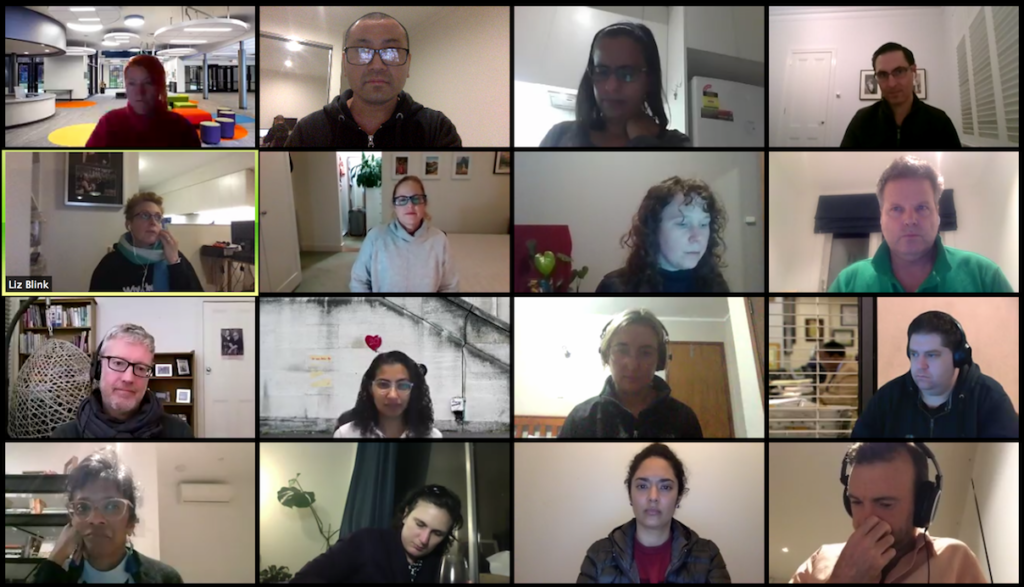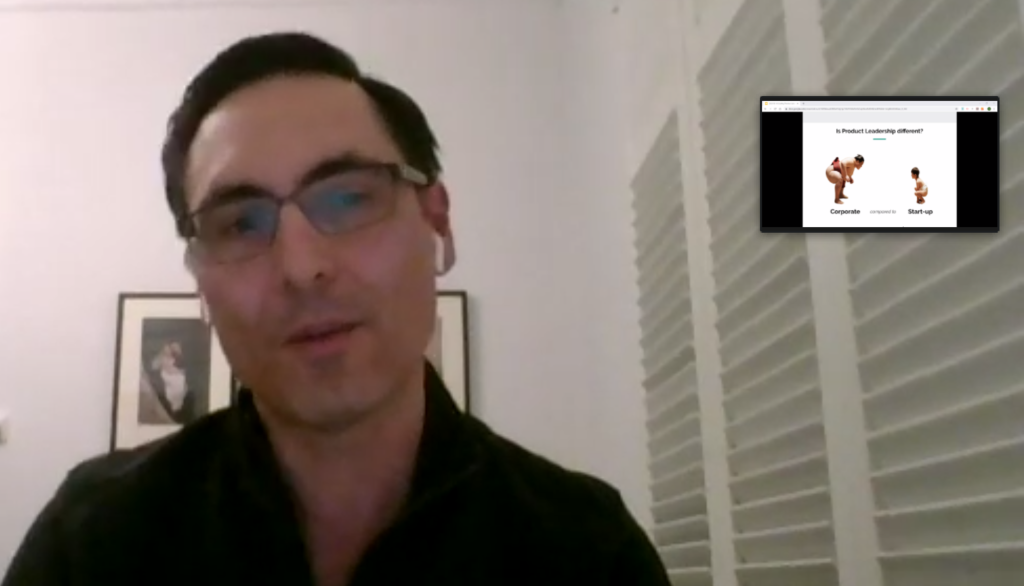After holding a variety of Senior Product roles across many different companies, building product teams from the ground up, rising to Chief Product Officer at the startup accelerator and incubator, BlueChilli, and even founding 2 startups herself – Claire Sawyers knows a thing or two about working in startups.
Why work in a Startup?
Are you sick of the daily corporate grind? There are plenty of up-sides to working in a startup.
- Autonomy: the empowerment to go get stuff done.
- Career progression: moving between roles can be easier in a smaller pool.
- Mission driven: more than just a pay cheque, and working on something that really matters to you.
- Less of a cog in the machine: in a smaller environment, it can be easier to see how your efforts directly contribute to the outcomes.
- Learn and try new things: with a smaller team, and less formal structures, there’s the need to be more T-shaped, and getting in there yourself – a great way to experiment and learn.
The Challenges
But it’s not all roses.
Corporate life has its benefits too. From stability, (sometimes) better budgets, to be able to freely hire specialists, access to mentors and supporting functions. If you’re leaving these behind, be wary of the potential:
- Stress;
- Workloads; and
- Job security.
If you’re not deterred by the above, and working in a startup sounds like something for you, then the next hurdle is what you’re up against:
- Intense competition: Claire once received 250 candidates for just one role. Applicants from across the globe, including Silicon Valley.
- Startups not knowing what they want: Sometimes, product roles can come about in strange ways in a startup. From the board telling the founder they need to step back and focus on investments, to copying and pasting product descriptions from LinkedIn.
- How does your experience read: Don’t assume your experience is perceived the same way in the startup world compared to the corporate. What does 10 years experience at the same company say? Comfortable and unable to handle challenges? Or lots of internal opportunities to try new things?
Applying
What are startups looking for in candidates? Take the time to understand your customer (the hirer), so that you can position yourself effectively.
- Curiosity / Lateral thinker
- Passion
- Energy
- Autonomous / Self Starter
So with this in mind, how do you go about applying?
Highlight your experience – breadth and diversity. Use your initiative. Show your desire. Reach out to the company directly. Or find a referral.
Make sure your CV is a good user experience. Get your CV reviewed by someone in a similar seniority and/or style of company.
Interviewing
Like any interview, make sure you are prepared.
- Do your research.
- Use the product.
- What are the market conditions.
- Have a point of view.
- What relevant experience do you have that will make you a star?
- Have some questions prepared.
Final checklist
Before you accept any role, a few things to consider:
- Do you believe in the mission? Through the ups and downs that are inevitable with any role, belief in the mission is what will get you through the tough times.
- Are you aligned to the founder? The founder is likely to be heavily invested in the mission, and may have strong opinions of what should be done. And how. They may be your toughest stakeholder.
- Is there enough support? As mentioned above, with limited budgets, workload and stress can also be part of startup life. Do you have the right support to be able to succeed?
- Are there enough challenges? Nobody wants to be in auto-pilot. Are there enough challenges to keep you engaged?
Thanks again to Claire for all the startup advice, much of which can also be applied to larger companies, and best of luck with your next job search.
Resources
For a different perspective on startups, read about product leadership in corporates and startups.
See the slides from the session.

Thank you to our host: A Cloud Guru
Thank you to A Cloud Guru for hosting us online again this month. A Cloud Guru’s mission is to teach the world to cloud. The largest online cloud school on the planet, with training that feels more like logging into Netflix or Spotify – it’s entertaining and playful.


